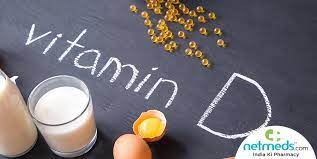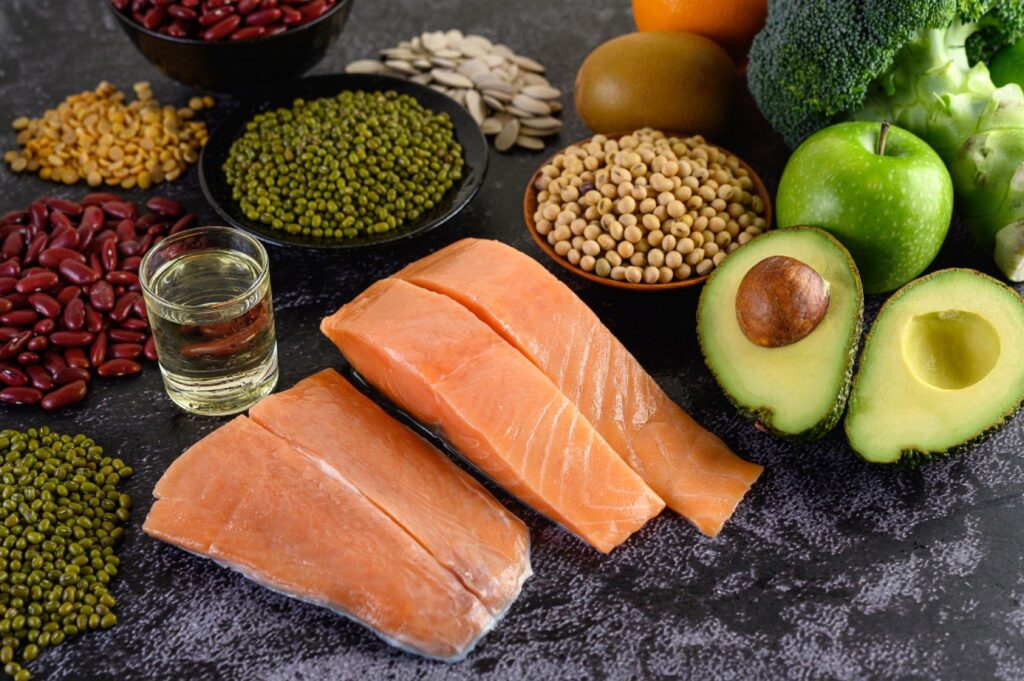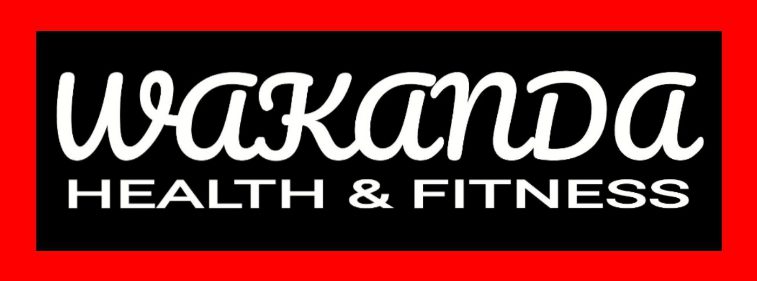Benefits of Vitamin D For COVID19 Treatment Therapy

What was once suspected to be an influenza-like illness turned out to be a pandemic that started spreading beyond the control of any nation. As a result, the COVID19 put all the superpower nations under great mental stress. But, unfortunately, none of the experts or researchers could find out what could stop the virus from replicating so rapidly and causing a significant number of deaths.
What was more unfortunate regarding the nature of the COVID19 virus was its quick nature of mutating and changing strains. This property of the virus made dealing with it and simultaneously treating the patients more challenging for everyone alike.
During all this chaos, people began testing different theories to see the most responsive supplement that helped ease the symptoms for COVID19.
Benefits of Vitamin D in COVID19
Vitamin D or the ‘Sunshine Vitamin’ was found to be greatly helpful in boosting the immune system of people. However, when people suffering from a severe COVID19 attack were checked for their blood profile, almost the majority of them were deficient in Vitamin D levels.

On the other hand, people who had ample amounts of Vitamin D were seen to either suffer from a light-intensity attack of COVID19 or even if they suffered from a strong attack. It never complicated their cases.
After extensive research, researchers elucidated the role of Vitamin D in fighting against COVID19. Some essential pointers are briefed below:
⦁ Vitamin D is involved in regulating the thrombotic pathways in human beings. This means that there are low chances of clotting incidences in people who have normal levels of Vitamin D.
⦁ Normal Vitamin D levels help reduce the number of inflammatory cytokines in the body during an acute infection. This explains why some of the COVID19 patients, otherwise healthy, did not require prolonged hospitalizations.
⦁ Vitamin D also increases the levels and activity of T-regulatory cells in the body. Lower levels of these cells pose an increased risk for individuals to develop upper respiratory tract viral infections and pneumonia.
However, it is wise not to consider Vitamin D an alternative for medications. A healthy human being should have normal Vitamin D levels, as it prevents them from COVID19 and several other conditions and their progression into serious diseases, including muscle weakness, osteoporosis, fractures, dementia, diabetes, heart diseases, etc.
[H2] From Where To Get Vitamin D?
Sunshine is the best source to obtain Vitamin D. When this is not possible for people; they have usually been prescribed some supplements from where they get their daily dose of Vitamin D.
However, some food sources are also rich in Vitamin D, such as:
⦁ Fatty Fish (tuna, salmon, etc.)
⦁ Red Meat
⦁ Fruits
⦁ Fortified Foods (breakfast cereals)
⦁ Green Leafy Vegetables (Spinach, Kale)
If you want to stock up Vitamin D in your body to improve your immune response against COVID19, the best way to do so is to gain it naturally. Unfortunately, eating too many supplements can also cause toxicity in your body, leading to severe consequences.
References:
⦁ Stroehlein, J. K., Wallqvist, J., Iannizzi, C., Mikolajewska, A., Metzendorf, M. I., Benstoem, C., Meybohm, P., Becker, M., Skoetz, N., Stegemann, M., & Piechotta, V. (2021). Vitamin D supplementation for the treatment of COVID-19: a living systematic review. The Cochrane database of systematic reviews, 5, CD015043. https://doi.org/10.1002/14651858.CD015043
⦁ Weir, E. K., Thenappan, T., Bhargava, M., & Chen, Y. (2020). Does vitamin D deficiency increase the severity of COVID-19?. Clinical medicine (London, England), 20(4), e107–e108. ⦁ https://doi.org/1⦁ 0.7861/clinmed.2020-0301
⦁ Fisher SA, Rahimzadeh M, Brierley C, et al. The role of vitamin D in increasing circulating T regulatory cell numbers and modulating T regulatory cell phenotypes in patients with the inflammatory disease or healthy volunteers: a systematic review. PLoS One. 2019;14(9):e0222313. Available at: https://www.ncbi.nlm.nih.gov/pubmed/31550254.
